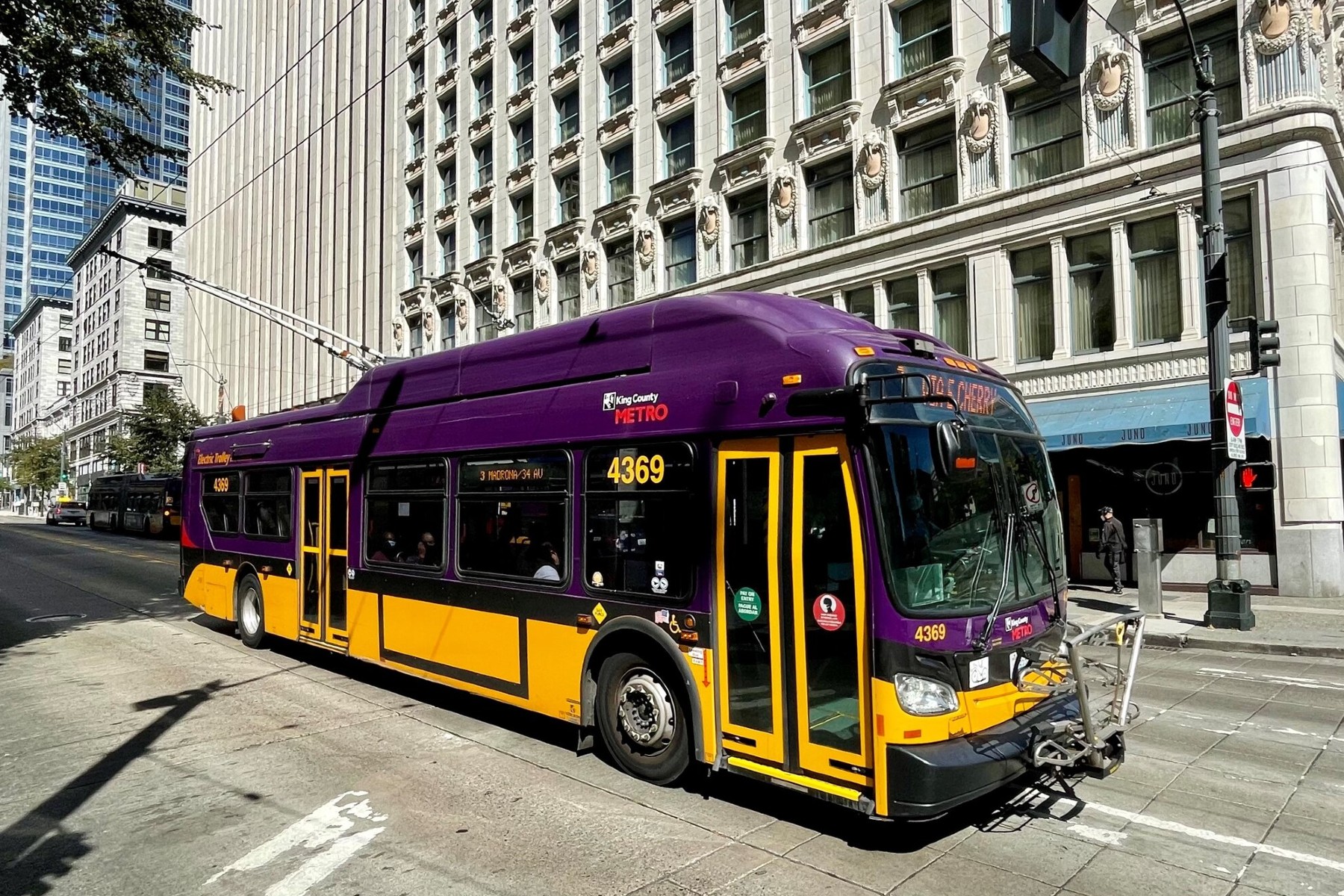Berlin. Drugs can prevent the spread of a disease, but their development is expensive. Experts are now using a trick.
For many, Corona is already history. Other problems are pressing. But some economic experts are working to ensure that the world is better prepared for such Pandemien and can stop them right at the beginning. Drugs against viruses are important, but pharmaceutical companies around the world do not want to develop them. It is too unclear whether money can ever be made from them. A concept from Germany is now supposed to solve this problem cheaply. After all, Corona cost the world trillions of dollars.
Also interesting: Doctors: “A Corona summer wave is currently building up”
The pandemic started in Wuhan, China, at the end of 2019 and then spread faster and faster around the world. Many countries reacted with curfews and restricted travel. Masks were compulsory. The German pharmaceutical company Biontech from Mainz managed to develop a vaccine. Moderna from the USA and Astrazeneca from Great Britain followed suit. But by then the virus had already spread across the globe, mutated and caused great damage. It is estimated that around 27 million people worldwide have died as a result of Corona. People, the global economy stalled.
Time is therefore an important factor. “Lie Medicines “If we take the vaccine early after an outbreak, significantly fewer of them are needed overall than at the height of a pandemic,” says Jano Costard of the state-run Federal Agency for Disruptive Innovations (Sprind), which is commissioned by the federal government to discover and promote innovative concepts and groundbreaking products. “This may prevent an outbreak from becoming a pandemic in the first place.” In an emergency, developing a drug at short notice takes a very long time, has an uncertain outcome, is very expensive and costs many human lives.
Also interesting
Corona: Medicines have drastically reduced the number of sick people
The experts at Sprind calculated together with Economists The University of Chicago and the Harvard Kennedy School found that the number of people who became ill and died would have been 99 percent lower if appropriate medication had been available at the beginning of the pandemic. And losses of $28 trillion worldwide would have been avoided. That’s roughly equivalent to the gross domestic product of the USA. This includes deaths, economic damage and long-term damage, for example from school closures.

Developing vaccines and medicines often takes many years. Not every project ends successfully. © AFP | John Macdougall
The problem is not so much the drugs themselves, which have a wide range of Viruses can be switched off, can be quickly adapted for others and prevent them from being transmitted. “Developing appropriate drugs is a challenge, but it is possible,” says Sprind expert Costard.
Read also: Corona – Paxlovid, the drug of hope, becomes a million dollar grave
The difficulty lies elsewhere: “Pandemics are also a challenge because we do not know when they will occur. That is why Pharmaceutical industry It is unclear when there will be demand for pandemic drugs and whether they will even generate any revenue from them. That is why no investment is being made.” The market is failing. There is a need, but no one is concerned with supply because it would be too uncertain.
Drug development: Simply invent demand
The idea to solve the problem: concrete, robust Inventing demandA community of states formulates the requirements that the drugs should meet. And: “The public sector guarantees to purchase the drugs,” says Costard, who helped develop the concept – a kind of pre-emption right for the states.
Background to the Federal Agency Sprind: Laser technology, holo glasses & Co.: This is where the future is booming
The key point: “If the conditions are met, the countries buy it, regardless of whether they need it at that moment.” If in doubt, it expires. “But it makes more economic sense to throw one away than to have none.” The model has another advantage for the states. Because the companies develop the drug, they and their investors also bear the financial riskshould they fail. “Because the state only pays for successful drug development,” says Costard.
Corona pandemic: Bill Gates calls for equal distribution of potential drugs and vaccines
With this concept, Sprind has now won an international Innovation competition of the University of Chicago made it into the final three. At the start of 2023, the Market Shaping Accelerator (MSA) of the Nobel Prize winner Michael Kremer 190 concepts. Kremer and his team are working intensively on cases in which the market fails and therefore no investment is made. The MSA also helped with the Sprind concept. A winner will be chosen this Monday in Washington. The winning concept will be implemented.
Drug development often takes years – and is expensive
International visibility is important for Sprind, because one country alone will not be able to raise the necessary money. “A large coalition is needed to develop such drugs,” says Costard. “There is a danger that individual countries will let the others do their thing and, once everything is financed, will be seen as Freeloader jump on board. Because everyone knows this in advance, a coalition can fail – but then in the end no one has a medicine.”
Also exciting: Corona, flu, HPV: New drug aims to “catch” viruses
The federal agency Sprind is already supporting four companies that are developing drugs against viruses. Among them is a company that wants to catch viruses in the body with a kind of net made of DNA origami. A team is working on Viruses using gene scissors Another is planning a drug that traps viruses on the human nasal mucosa after they are inhaled. They are then swallowed with the mucus and rendered harmless in the stomach.
Economy in Berlin
Subscribe to the Berliner Morgenpost business newsletter for free
By subscribing to the newsletter I agree to the advertising agreement.
The companies now want to prove that their approach in Animal testing works. After that, it gets really expensive. And it takes time. On average, it takes ten years from the idea to the finished drug. So if no investor is found now, that’s the end of the drugs.

